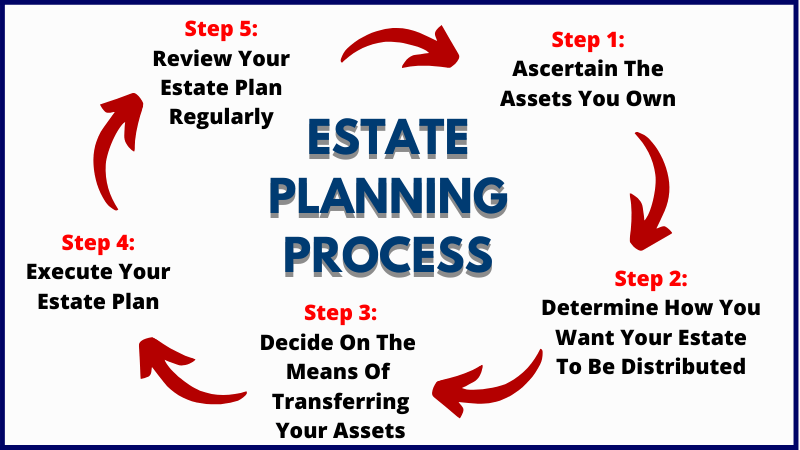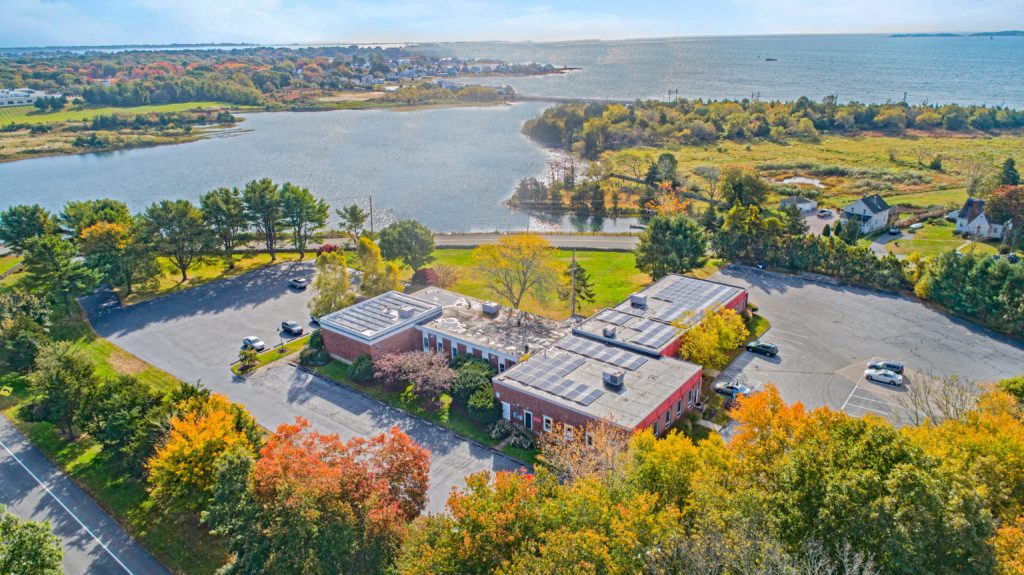What Are the Essential Parts of an Estate Plan?

While legal documents may seem obtuse and difficult to understand, they are crucial for estate purposes.
What are the Main Reasons for Using a Trust?

When you think of a trust, you may have visions of contentious family gatherings in an attorney’s office after the death of a patriarch or matriarch.
Top Five Mistakes to Avoid When Passing Wealth to the Next Generation

What could go wrong with this transfer of generational wealth? Several things, in fact.
How Does a Special Needs Trust Work?

If you have a family member with special needs, you might face emotional and physical issues. However, you also may be concerned about maximizing the financial support that your loved one requires.
What Are the Details About Probate?

A formal probate process involves specific, usually straightforward steps. Issues that may arise during the process can lengthen the time it lasts until it is closed by the court.
Start Planning Now for Coming Changes in Estate Tax Exemption Levels

Clients with sufficient wealth to leave them exposed to future estate tax burdens need to understand that the time to act on the generous estate tax exemption established in 2017 by the Tax Cuts and Jobs Act is now—not when the expanded exemption sunsets the end of 2025.
Do You Pay Taxes on Gifts From Parents?

In an effort to keep taxpayers from transferring wealth from one generation to the next tax-free, there are specific limits to the amount of gifts one may give to any one person each year.
Estate Planning Includes More Than a Will

The term ‘estate planning’ conjures specific ideas about leaving assets to heirs, fighting over Mom’s jewelry and lengthy entanglements with the probate court.
Should Your Estate Plan Include a Family Trust?

Unless you’re a member of the Addams family, thinking about death probably isn’t your favorite afternoon activity. However, not thinking about it can cause even more pain when death ultimately does come knocking.
What Legal Documents Does Every Senior Need?

There is a general consensus that having a last will and testament is important. However, few people realize the necessity of having medical documents in place.

